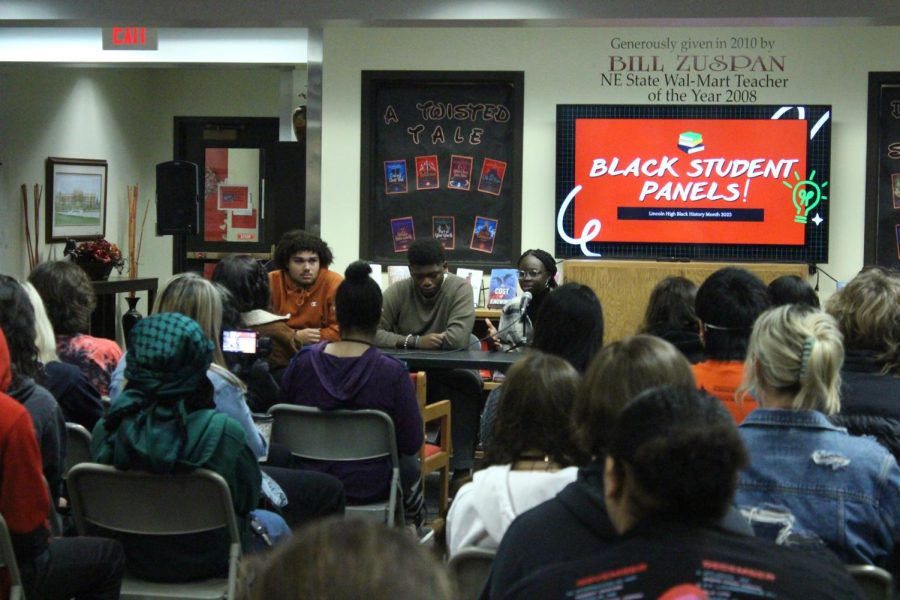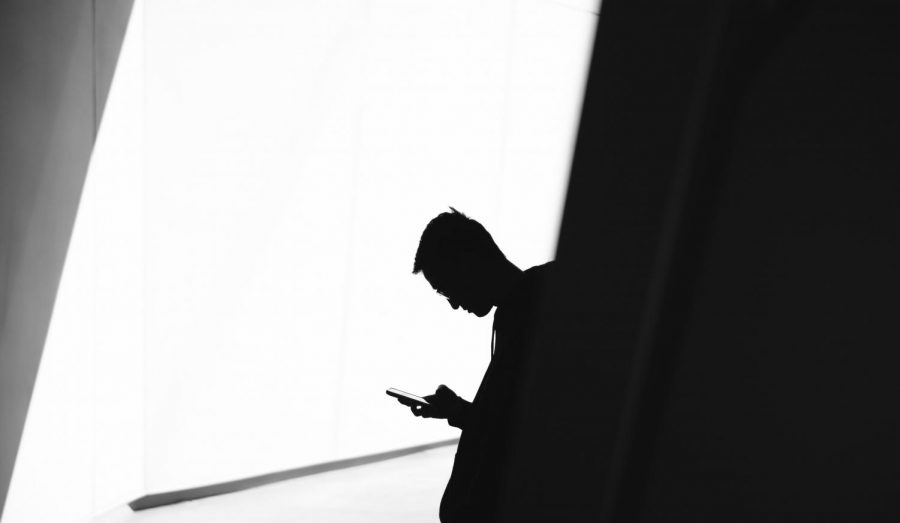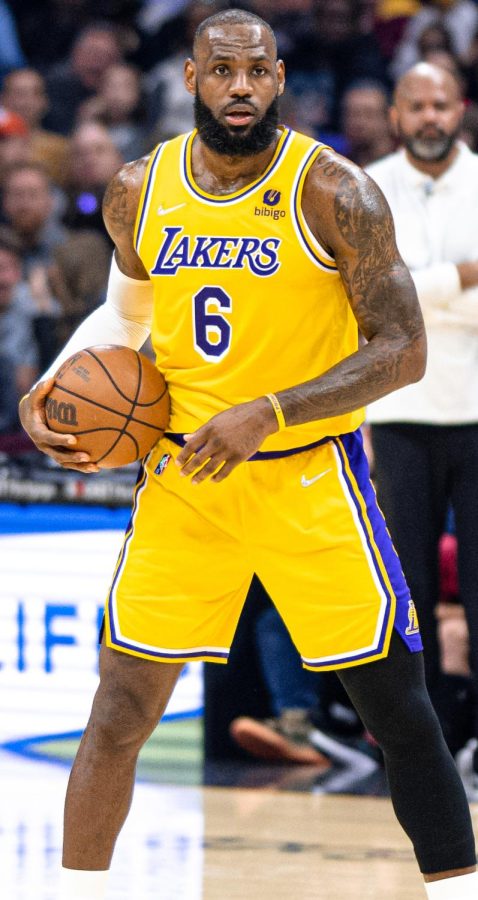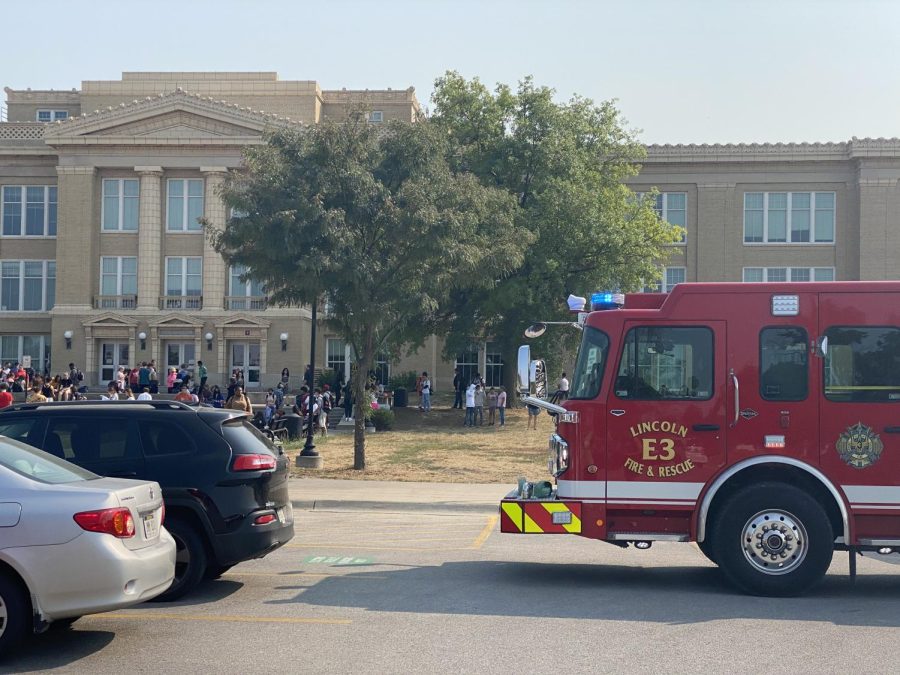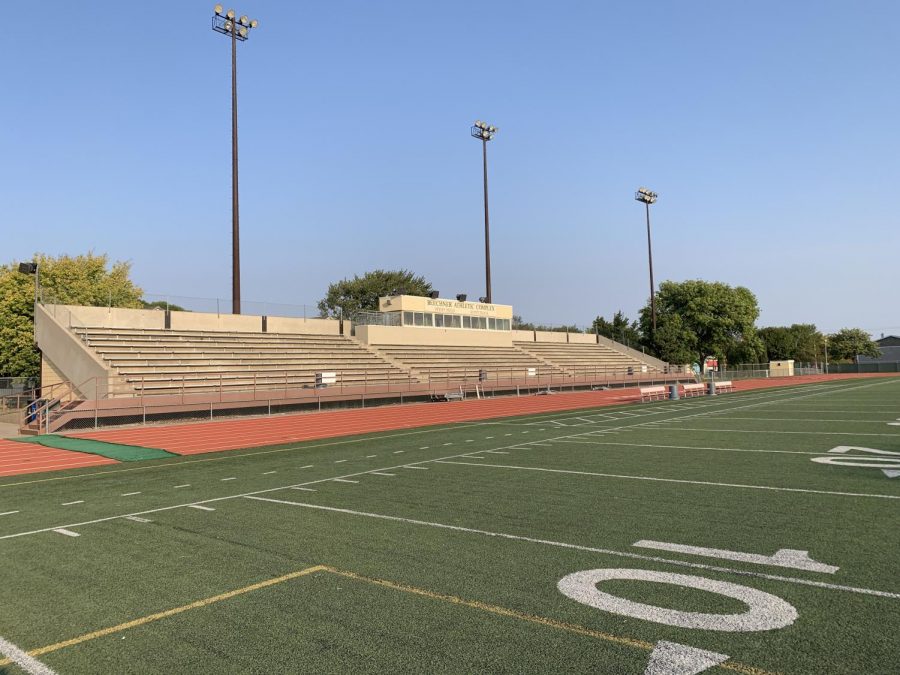Last Thursday, February 9th, a handful of LHS leaders spent the day in the library to educate our students and staff about their experiences as black students. The panel consisted of seniors Riada Riyangow, Anok Timothy, Javon Leuty, and Jama Lasu, as well as junior Jerimiah Theork.
The panel emphasized the importance of having confidence as a black student. Noting that being confident in being black “sends a message” according to Anok Timothy. The color of someone’s skin carries a message, and being confident in oneself ensures that you are sending a positive message of strength. The other panelists echoed this by sharing experiences in which they were proud of their culture.
Black identity was another large point of discussion. The panelists did not hesitate to share experiences where they felt alone or different than their peers. Senior Jama Lasu bravely explained the long journey it took for her to accept her identity as a black woman. She shared the difficulties of growing up surrounded by white peers and often being the only black person in the class. She also stressed the importance of her relationship with her hair, a core part of black identity. The other panelists reiterated this point by explaining how their hair makes them unique, as well as the effort that it takes to maintain.
The panelists discussed the portrayal of black culture in the media. The panelists agreed that today’s media climate publicizes only small facets of the black experience. They made it clear that being black encompasses so much more than being just an entertainer or athlete. The selective representation of black culture in the media leads to the stereotypes and generalization of the black community.
The best way to advocate for black culture is to educate others on what the situation is like from a primary perspective. It allows people to be exposed to cultural differences between each other, and in turn, ensures that people are accustomed to such differences. Our panelists charged towards that goal by providing a first-hand look into what life is like as black students.
